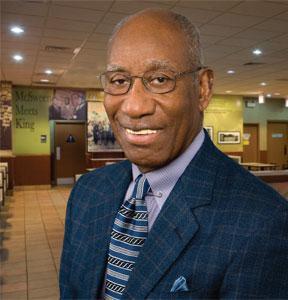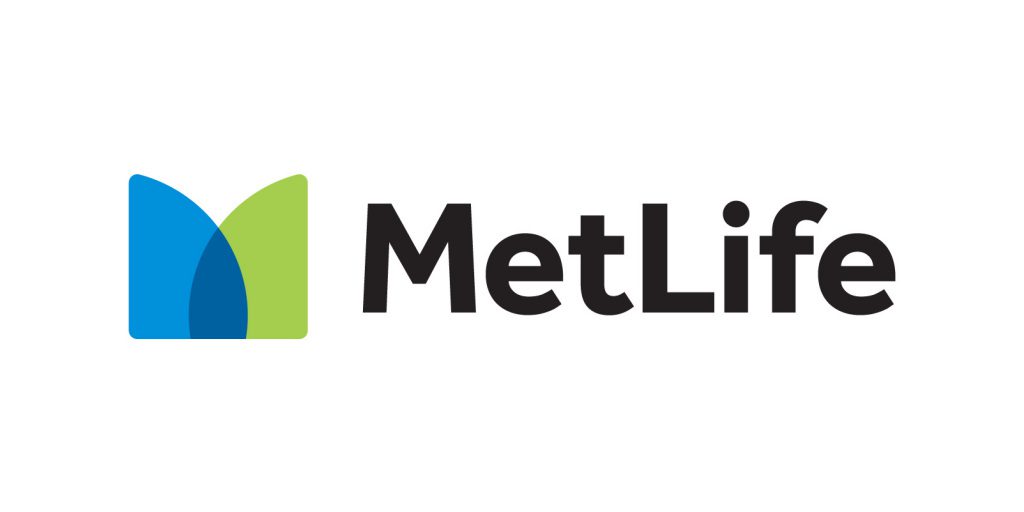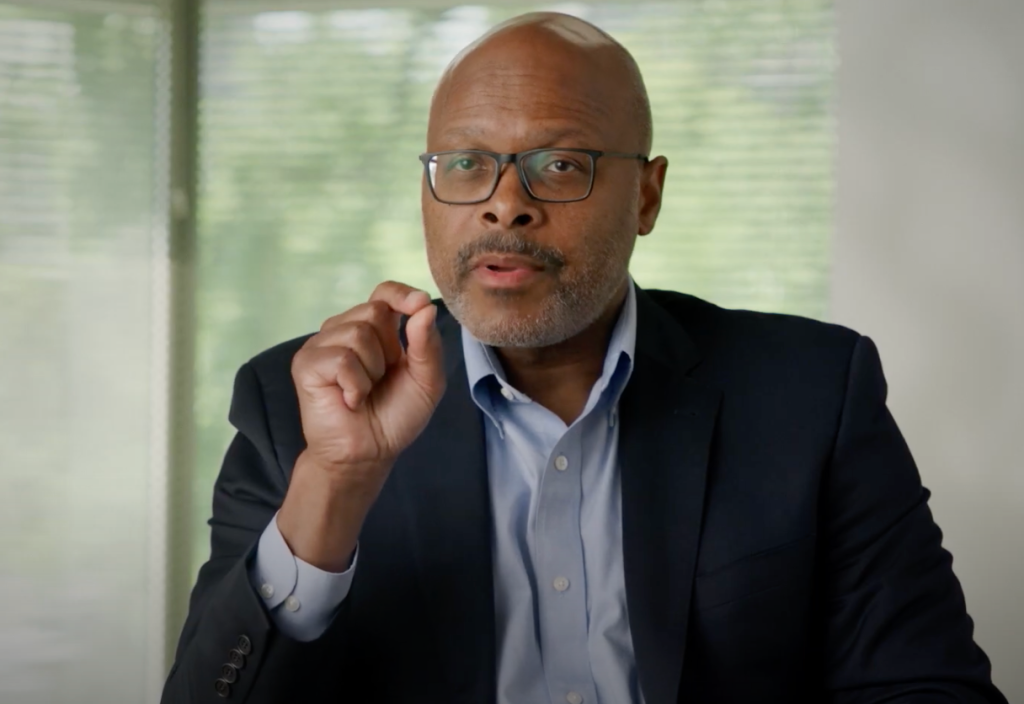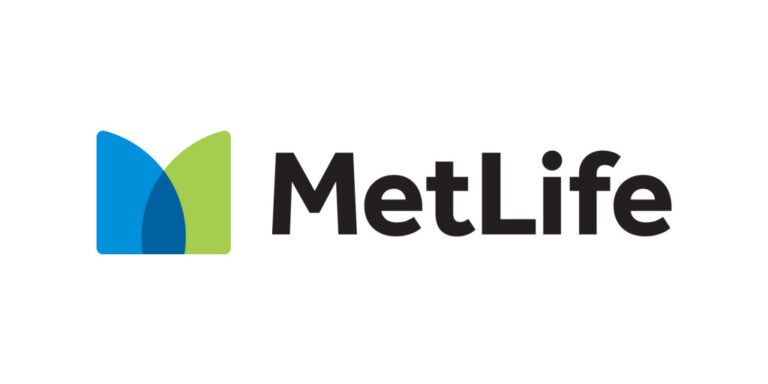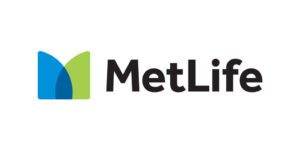Maurice Jones is the CEO of OneTen, an organization whose goal to see at least 150,000 new Black Americans per year sustainably employed and have that overall number surpass 1 million over the next ten years.
While the most junior of positions may require a bachelor’s degree just to be interviewed, Jones cites that over three quarters of Black Americans lack a four-year degree, and the expectations for many of those jobs are only increasing.
So Jones teamed up with a number of current and former CEOs to understand some of the barriers to entry that Black workers face in America. They also needed to know what it would take to set up Black workers for long-term success. Learn how OneTen is empowering the Black workforce with the knowledge and resources to thrive through 2032 and beyond.
CassiusLife: Could you give us a little bit of a breakdown of OneTen? Just a quick summary of how it came to be and your role with the organization.
Maurice Jones: Firstly, I’m the CEO of OneTen, that’s my role.
So let me take you back to 2020. We had the beginning of a pandemic that continues to have a disproportionately adverse impact on Black communities and communities of color when it comes to infection rates, debts, et cetera.
That was very swiftly followed by a recession that ended up having the same disproportionately adverse impact on people of color [and] Black communities in terms of job losses, wages lost, et cetera. And then we also had a series of searing and heartbreaking and infuriating killings [in the same year]: Ahmaud Arbery, Breonna Taylor, George Floyd’s murder in broad daylight broadcast throughout the world over and over for people to see.
This [convergence] of events really moved people — individuals, communities, CEOs in the corporate community — to step back and to take a real look at our country and to frankly ask, “Are we really becoming a more perfect union? Are we really becoming a land of great opportunity for all?
And the answer that a few key CEOs actually gave to those questions was, “No, not yet.”
But they also said, “And we can do something about it.” This was the birth of OneTen.
CassiusLife: Who are some of the names you worked with to launch this initiative?
Maurice Jones: Ken Frazier from Merck. Kenneth Chenault, formerly of American Express. Ginni Rometty of IBM. Kevin Sharer, formerly of Amgen. Charles Phillips of Infor and Oracle. They and others got together and said, “Look, let’s do something about this and let’s rally our corporate colleagues to do something that is being led by the private sector.”
And when they started trying to figure out what that was, they began to land on jobs. That jobs are the engine of growth, an engine of mobility, an engine of improvement. And then they started really looking into [those] jobs.
What they discovered was this: you look at our country today and you look at jobs that pay $60,000 and above. What you find is that, on paper, 79% of those jobs require a four-year degree or you won’t even get an interview. If you look at jobs that pay $40,000 and above across our country today — and by the way, this is before COVID so the numbers are worse today — 71% of all jobs paying $40,000 and above, on paper, require a four-year degree.
And then you start looking at the workforce [itself]. When it comes to Black talent in the workforce 25 years old and above, 76% of us do not yet have a four-year degree.
So what they began to see was we have a systemic barrier that stands in the way of most Black talent in the workforce earning their way into the middle class, and that this barrier, this credential, was completely unrelated to whether you have the skills to do the job or not.
This is what inspired the vision for OneTen: hire, promote and advance one million Black talented individuals who don’t yet have four-year degrees and into family sustaining jobs and careers over the next ten years.
CassiusLife: Now, one thing that I really want to touch on and kind of go back to is COVID.
It exposed a lot of not just systemic racism, but barriers in the very infrastructure of those who weren’t ready for that kind of shift. I bring that up in terms of things like childcare transportation, because there are those who don’t have the skills amongst us and are fighting for access to learn those skills. How is OneTen helping address those issues?
Maurice Jones: OneTen is about knitting and scaling together an ecosystem. We start with the jobs and the fact that we need to have jobs that pay living wages on the table for folks [who may not have] a four-year degree.
But it goes from that to the next piece of the ecosystem, which is to ask, “Who are the organizations that we can partner with to make sure that the talent we’re talking about is equipped to be successful with the technical skills?”
The third piece is obviously the talent. With the hard skills and the soft skills. And I think the word “soft” is a bit an understatement; what we’re talking about grit, determination, perseverance, showing up on time, et cetera. I call them the durable skills.
And then finally, the fourth piece is the piece that you’re talking about, which is that the talent has to have the necessary supports around it. In order for one to be the best he or she can be, then supports like childcare coaches, mentors, transportation, mental wellness [need to be in place].
Let me give you an example. We work with a company in the Philadelphia area that has jobs, both manufacturing jobs and information technology jobs. But those jobs are located at its facility, which is about 45 minutes outside of South Philly. So we find a talent developer that can help us source the Black talent and prepare them for the IT jobs or the manufacturing jobs. Investing that “skills development” part in them.
Now, we also had to find a transportation company that could offer rides to and from work for the Black talent living in North and West Philly. The reason is that most of the public transportation options that [are available to them] require 90-minute journeys one way, which is not going to be sustainable.
CassiusLife: Last month, OneTen had a virtual town hall in Dallas, Texas, which has one of the biggest income disparities compared to other cities when it comes to the racial wealth gap, as well as with regard to Black and Brown employment versus white employment. Take me through how the event fared and some of the benefits of the town hall as well as your takeaways.https://www.youtube.com/embed/JKyBZ9qAOtc?version=3&rel=1&showsearch=0&showinfo=1&iv_load_policy=1&fs=1&hl=en-US&autohide=2&wmode=transparent
Maurice Jones: So we did hold a town hall with Dallas radio station KBFB a.k.a. 97.9’s “The Beat,” and we had one of our local partners on the ground there, particularly community development experts and activists.
This is the effort led by the private sector that is intentionally focused on the Black talent without four-year degrees [that I’ve seen] in my lifetime.
The benefit of that kind of town hall is we were able to actually let people know what OneTen is all about, what are those opportunities that OneTen hopes to partner with Dallas residents, and to bring what our plans are with respect to that what our motivations are.
A lot of this is about working hard every day to earn people’s trust: the Black community, talent developers, businesses, leaders, and so on. What we were trying to do was to make an effort and let folks know where we are coming from, what we hope to do in partnership with them, and to hopefully begin to lay the groundwork of a long term trusting and forgiving relationship, one that is about getting Black people on a pathway to improve the economic trajectory of themselves and their families and also improving the overall economic prospects of Dallas, period.
CassiusLife: Now, let’s talk a bit about the current economic climate of the country. We’re talking about 7% inflation rate and it’s climbing. The unemployment rate is at 3%, but that doesn’t take into account all kinds of various factors, like part-time versus full-time employment, freelancers and self-employed versus staff hires, etc.
So what would you say are the top three key points that Black talent should focus on to benefit from the current economy and the current jobs pool?
Maurice Jones: There are 10 million open jobs in the country today. So if I’m talent today, what I’m going to focus on is putting myself out there for the jobs that are the quality jobs amongst them: pay family-sustaining wages, offer benefits, will invest in my development, believe in me as a whole individual, and not just what I can produce in the way of profit.
Make sure that you look at your life as one in which your development, your education, and your improvement is a lifelong pursuit. Look for those places that will invest in your continued skills development because the way technology is moving today, some skills become obsolete after six months — the technology has changed. So you want to find organizations, both inside the company and outside of it, where you can keep refining your skills.
And be ambitious! Don’t wait for the job that you think you’re prepared for. Pursue the one that you want. Pursue the one you want to live into. Raise your hand, go out on faith, and go for it.
Also, once you’re in a job, it is important that you seek a mentor, a coach. And don’t wait for them to seek you — you go and seek them! You want someone who’s already navigated where you want to be. Yyou want to invest in building a relationship with that person because the social capital and the mentoring is indispensable for just continued growth.
CassiusLife: Now can you tell us a little bit about some of the partner employers and developers that are here to help realize this OneTen initiative?
Maurice Jones: So, you’ve got the companies who have the jobs, right? Companies like AT&T, Merck, IBM, JPMorgan Chase, Bank of America, Cisco, Amgen, and the list goes on. I mean, there are companies in multiple industries with jobs all over the country.
The second piece is the groups that actually can help talent improve and acquire the skills they need. We’re talking about community colleges, organizations like Year Up that do intensive apprenticeship and internship programs, military transition programs that are working with individuals who are coming out of the military, online platforms that do these boot camps like Udacity or Merit America, for example.
We’ve 95, what we call, “talent developers.” They’re education organizations, technical schools, training schools, community colleges, and such all over the country that do their preparation work online, in person, and some hybrid model there.
Then lastly, we’ve got groups that we’re bringing to the table for these talent supports or Wraparound supports as a child care organization, like Bright Horizons.
CassiusLife: Now, your next town hall is going to be in Raleigh, North Carolina this coming March, right? Near Research Triangle, in the Raleigh-Durham area. There’s a lot of smart people over there…
Maurice Jones: Sorry to interrupt you, Alex, but you know, one thing I’ve learned is there are smart people everywhere, there’s genius everywhere. In our Black and Brown communities all over America. There’s genius everywhere!
But you know what there isn’t enough of? There isn’t enough of his opportunity for that genius to make its mark.
CassiusLife: True, you’re right about that! So please let the readers know what’s in store for the next two to three years, then.
Maurice Jones: Last year, we had 25,000 hires and promotions through the OneTen journey, which is a terrific start. Where we intend to be in two and three years is going from 100,000 to 150,000 hires and promotions a year. To do that, we need to amass more players in each piece of the ecosystem.
What I hope you’ll see really is incredible Black talent that doesn’t have four-year degrees getting into companies, making family-sustaining wages, and continuing to advance. We want OneTen Black talent to be CEOs of companies, and that may not happen in two or three years — but come back and talk to me in ten years. That’s the ultimate journey that we’re trying to carve here.


